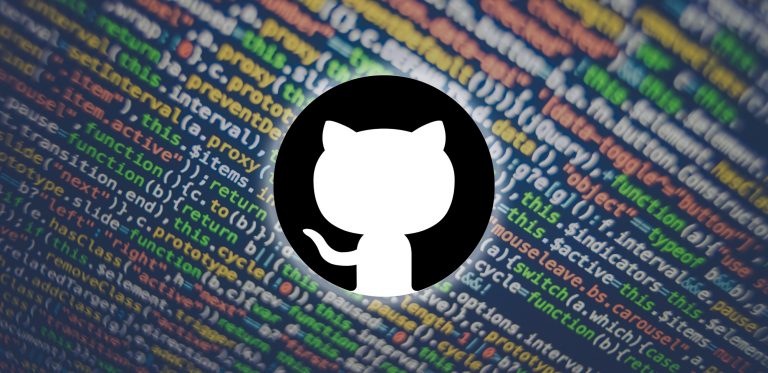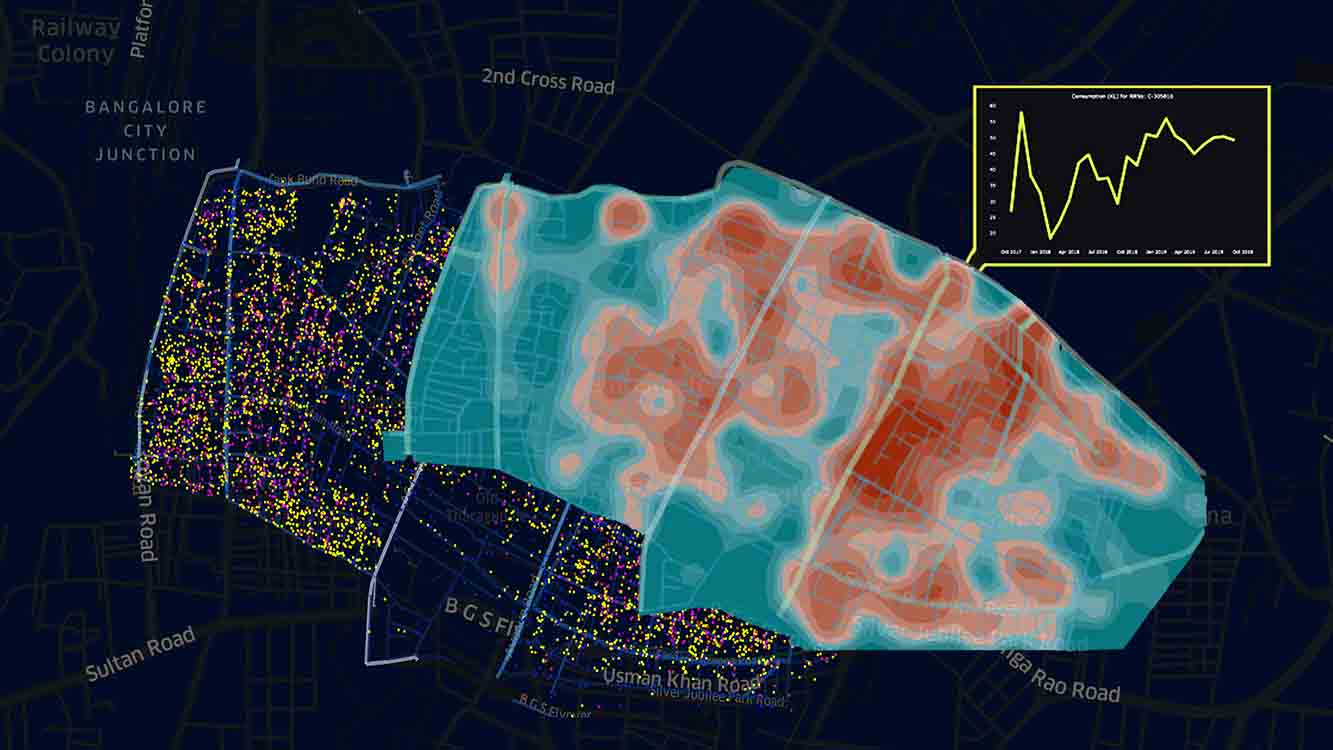 Indian politics has always been a subject of speculation and much has been said (mostly negative) on the Indian Political scenario. However, unlike the general notion, Indian politics is slowly undergoing positive changes too as politicians have realized the power of big data and analytics.
Indian politics has always been a subject of speculation and much has been said (mostly negative) on the Indian Political scenario. However, unlike the general notion, Indian politics is slowly undergoing positive changes too as politicians have realized the power of big data and analytics.
In fact, recently, an increasing number of political leaders including Minister of State for Finance Jayant Sinha, lawmaker Jay Panda, Uttar Pradesh Chief Minister Akhilesh Yadav and Andhra Pradesh Chief Minister Chandrababu Naidu are adopting big data and analytics to strengthen their decision-making process and improve governance at national, state and constituency levels.
To get the facts right, we spoke to Swaniti one of the organizations (amongst few others), that is at the core of this data revolution through it’s innovative projects on analyzing data for Indian government.

Swaniti Initiative was founded in 2012 by Rwitwika Bhattacharya with an aim to deliver development solutions through government officials by initiating, implementing and accelerating development solutions in the sub-areas of health, education, gender, livelihood, water and sanitation.
So far, Swaniti has worked with over a hundred Parliamentarians, fifteen state level legislators and four Chief Ministers (CMs) offices by either providing implementation support in the constituency, research support on key developmental programs or strategic data based insight to aid development strategy. She explained each programmatic area and the process as below.
Swaniti deploys a team in the target constituency, supported by their Delhi office, to tackle specific problems set forth by government officials and/or identified within the community. The engagements are typically three to twelve months and further split into three phases. In the first phase, data collection and analysis is conducted through fieldwork to understand challenges and solutions and best alternatives are recommended to clients, in second phase, they secure appropriate partners and support to deploy programs and eventually a full-scale solution and hand over controls to local stakeholders and lastly, they monitor the collect learning and survey effectiveness.
Moreover, on a weekly basis, Swaniti releases policy updates and development briefs to MPs and MLAs. Additionally, Swaniti receives an average of 5 requests/week for research support from elected officials, CMs offices and Ministries. Thus far, Swaniti has produced over two hundred briefs and memos, hosted multiple training and knowledge conferences and conducted numerous one-on-one MP knowledge consultations. The research provided is designed to be catalytic in bringing development because they emphasize on WHAT a policy/scheme is and HOW to implement it successfully.
 To provide data and technology insights, Swaniti works with CMs offices, Ministries and Parliamentarians to collect, analyze and visualize data that is used to design the development programs. For example, Swaniti partnered with the Andhra Pradesh CM’s office to provide them data insights on agriculture that helped design a seed dissemination program. Additionally, Swaniti has also provided data and technology support to CMs office in Sikkim, Uttar and Arunachal Pradesh and Delhi.
To provide data and technology insights, Swaniti works with CMs offices, Ministries and Parliamentarians to collect, analyze and visualize data that is used to design the development programs. For example, Swaniti partnered with the Andhra Pradesh CM’s office to provide them data insights on agriculture that helped design a seed dissemination program. Additionally, Swaniti has also provided data and technology support to CMs office in Sikkim, Uttar and Arunachal Pradesh and Delhi.
When questioned about how their work is affecting the Indian political scene; Rwitwika (Founder, Swaniti Initiative) replied that, even though there is a unanimous acknowledgment about the importance of data, yet, there are very few people working with the government and doing work related to it.
She added that, currently, an MP relies on input from party workers or local leaders about the current state of development. Through our data dashboards, we bring in the much needed hard data to facilitate decision making amongst elected officials. So, now they have hard data on the delivery of public service. Thus, there is a significant shift coming in the governance space in India with an increased focus on data and technology.
We then moved on to discuss the future of data analytics in Indian Politics and Rwitwika states, “the demand for data analytics will only increase in the governance space. However. the important piece in the midst of such demand will be to understand how to use this analytics.”
“For example, we are fairly confident that a data dashboard will be useful in a constituency to understand the needs in the community; but what will be the various elements of the dashboard? How frequently will it be used? And what is its expected versus real impact? The answers to these questions have to be further refined as we continue to develop our process.” she said.
______
From the interview, it is quite evident that definitely political scenario is steadily upgrading itself and is on it’s way to change for the better. Thus, there is a lot of scope for similar initiatives that can drive India towards a better organised and data driven nation. However, what still remains to be seen is it’s application, i.e understanding problems based on real needs and our netas implementing practical solutions for them at grass-root levels. Though, we applaud those who are doing this, we eagerly wait for others to follow suit.

















































































